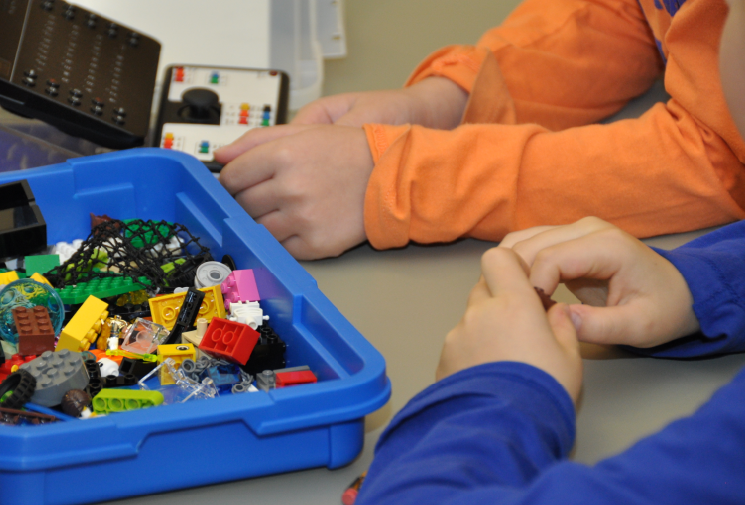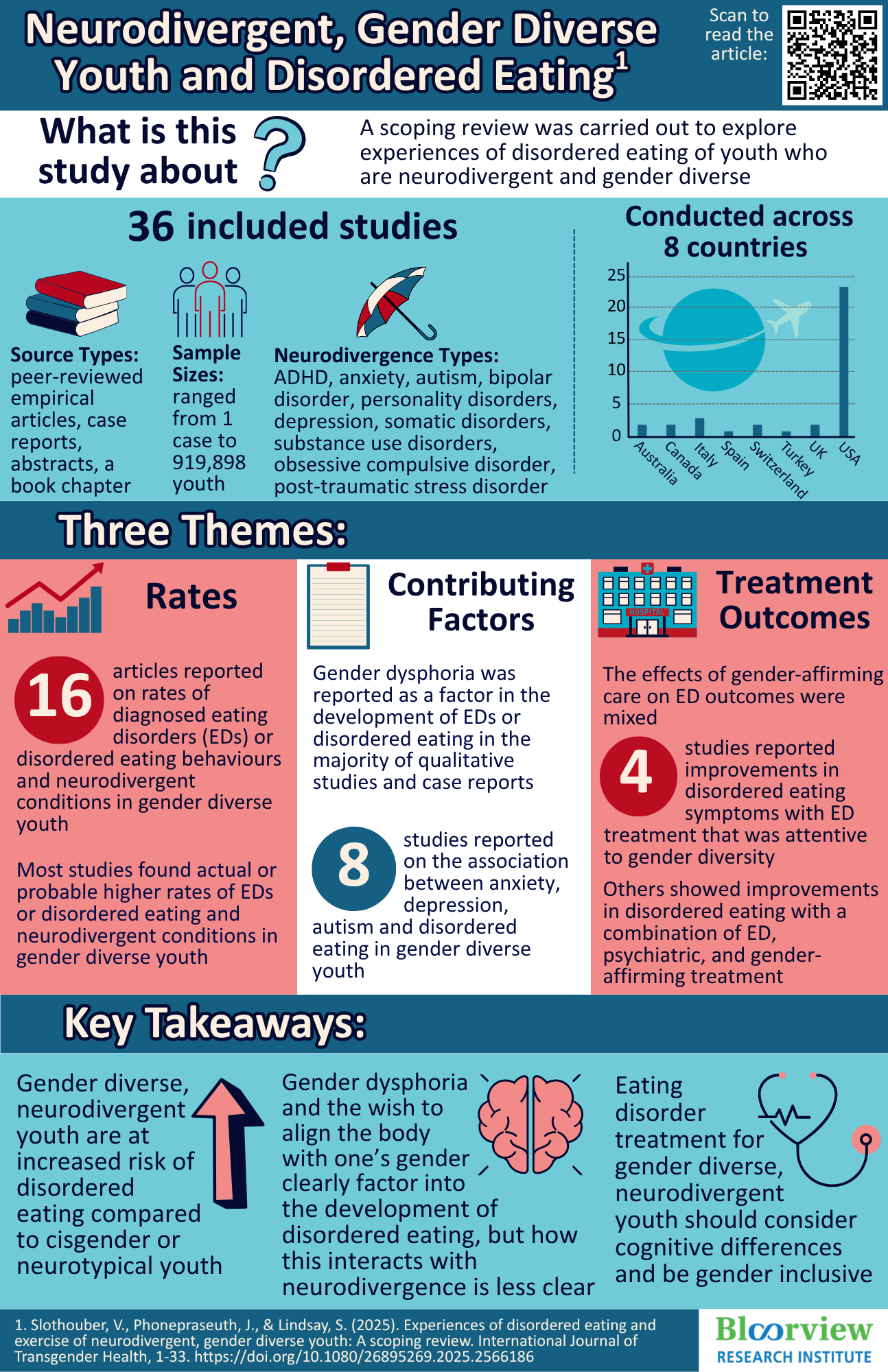TRAIL Lab - Research

At the TRAIL lab, we conduct research and knowledge translation activities related to the social inclusion of children and youth with disabilities at school, work and in the community. Below are links to more information about our current research.
Click here to visit the Participate and Research page and see what studies we are recruiting for!
Countering clothing ableism: Understanding the lived experiences and identifying inclusive clothing design solutions for adolescents with mobility impairments
Exploring the lived experiences of accessible and affordable housing among families with children, youth and young adults with disabilities and identifying solutions to enhance inclusion
- Lived experiences of accessible and affordable housing (Parents perspectives)
- Lived experiences of accessible and affordable housing (Youth and young adult perspectives)
- Lived experiences of accessible and affordable housing (Stakeholder perspectives)
Research to understand the experiences of disordered eating and exercise of neurodivergent, gender diverse youth
Text description of the above image:
Neurodivergent, Gender Diverse Youth and Disordered Eating
What is this study about? A scoping review was carried out to explore experiences of disordered eating of youth who are neurodivergent and gender diverse. 36 studies were included, conducted across eight countries. Source types were peer-reviewed empirical articles, case reports, abstracts, and a book chapter. Sample sizes ranged from 1 case to 919,898 youth. Neurodivergence types included ADHD, anxiety, autism, bipolar disorder, personality disorders, depression, somatic disorders, substance use disorders, obsessive compulsive disorder, and post-traumatic stress disorder.
We found three themes: 1. Rates, 2. Contributing Factors, and 3. Treatment Outcomes.
16 articles reported on rates of diagnosed eating disorders (EDs) or disordered eating behaviours and neurodivergent conditions in gender diverse youth. Most studies found actual or probable higher rates of EDs or disordered eating and neurodivergent conditions in gender diverse youth.
Gender dysphoria was reported as a factor in the development of EDs or disordered eating in the majority of qualitative studies and case reports. Eight studies reported on the association between anxiety, depression, autism and disordered eating in gender diverse youth.
The effects of gender-affirming care on ED outcomes were mixed. Four studies reported improvements in disordered eating symptoms with ED treatment that was attentive to gender diversity. Others showed improvements in disordered eating with a combination of ED, psychiatric, and gender-affirming treatment.
Key Takeaways: Gender diverse, neurodivergent youth are at increased risk of disordered eating compared to cisgender or neurotypical youth. Gender dysphoria and the wish to align the body with one’s gender clearly factor into the development of disordered eating, but how this interacts with neurodivergence is less clear. Eating disorder treatment for gender diverse, neurodivergent youth should consider cognitive differences and be gender inclusive.
Reference: Slothouber, V., Phonepraseuth, J., & Lindsay, S. (2025). Experiences of disordered eating and exercise of neurodivergent, gender diverse youth: A scoping review. International Journal of Transgender Health, 1-33. https://doi.org/10.1080/26895269.2025.2566186
